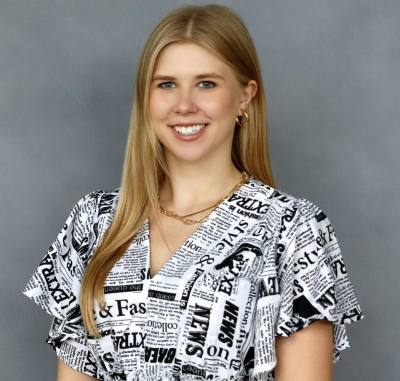Dr. Diana Fite is an emergency physician in several facilities, including one in The Woodlands.
Fite said there are times when there are not enough nurses to take care of the sick patients. At its peak on Sept. 3, 115 out of 158 ICU beds in Montgomery County were occupied by COVID-19 patients, according to Southeast Texas Regional Advisory Council.
“You can’t put a patient in a bed and have nobody available to take care of them,” Fite said. Montgomery County Commissioners Court on Sept. 28 approved $4.5 million in American Rescue Plan Act funds to hire nurses from staffing agencies to assist with shortages through Oct. 31.
“The [intensive care units] are just not trending to decline fast enough to make us comfortable that if we allow that [program] to expire, the hospitals are going to be in good shape,” said Jason Millsaps, executive director of the county’s homeland security and emergency management department.
Staffing shortages
Dr. Jim Versalovic, the interim chief pediatrician and pathologist in chief at Texas Children’s Hospital in the Woodlands, said in early September the delta variant of COVID-19 was responsible for nearly all of the cases within the Texas Children’s system at that time.
“Staffing is an ongoing concern,” he said. “We are doing our best, but it’s certainly been a challenge to maintain those staffing levels.”
Fite said the hospital in The Woodlands she works at is offering payment incentives to retain nurses. She also said medical offices can be short staffed, particularly nurses and front-desk workers.
“There’s a variety of reasons as to why there is a staffing shortage,” Fite said. “People have gotten really worn out in many cases. This has been a long time. And these people are sick; it’s hard to take care of them.
”Supplies are also sometimes in short supply. On Aug. 26, the Food and Drug Administration added a variety of gloves, gowns and masks to the list of medical device shortages, stating there was a “demand increase” for the medical supplies.
Postponing surgeries
On Aug. 9, Gov. Greg Abbott’s office announced the state had asked hospitals to voluntarily postpone elective medical procedures and was looking to staffing agencies in other states as Texas saw a growing number of COVID-19-related hospitalizations and shrinking hospital capacity.
“I am asking Texas hospitals to take steps to ensure the availability of adequate hospital capacity to care for COVID-19 patients,” Abbott said.
Patients with injuries or illnesses unrelated to COVID-19 may experience longer wait times, Fite said. “That’s frustrating for people because they may be hurting; they may have had an injury,” Fite said. “They may not be judged to be as sick as others or as distressed as others, so they have to wait.”
Fite said 40%-50% of patients come into her emergency department for issues related to COVID-19. Patients who are seeking medical attention unrelated to COVID-19 continue to face a variety of obstacles.
For example, in September, The Woodlands resident Donna Sullivan said she called to schedule an appointment for her 94-year-old mother at her regular physician’s office. Instead, she was greeted with a voicemail stating the office was closed due to a staff COVID-19 infection. After over a week, Sullivan‘s mother’s condition got worse. Sullivan said she was hesitant but ultimately had to make the decision to take her elderly mom to an emergency room.
“It’s just the sort of thing with COVID[-19]: You don’t think it’s going to affect you, but it affects you,” Sullivan said.
Jishnu Nair and Anna Lotz contributed to this report.






